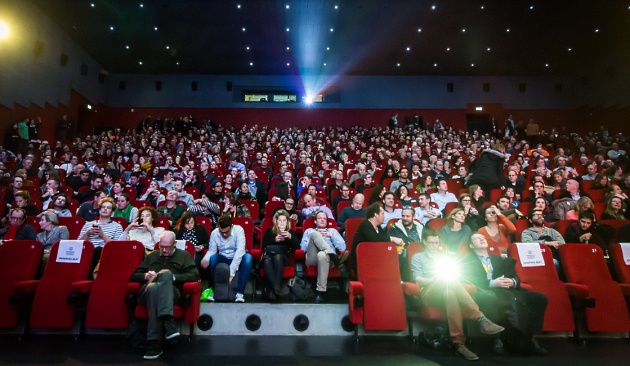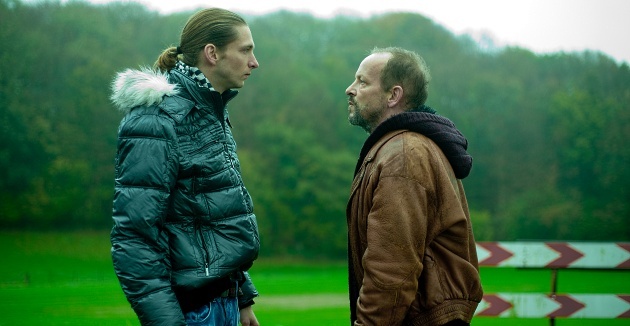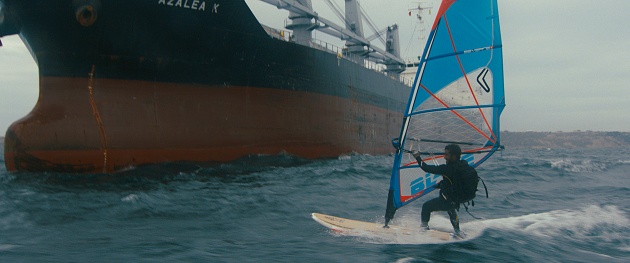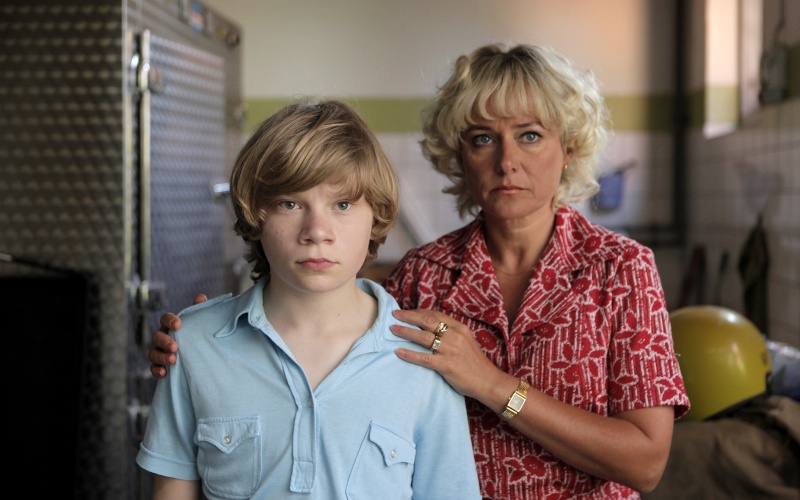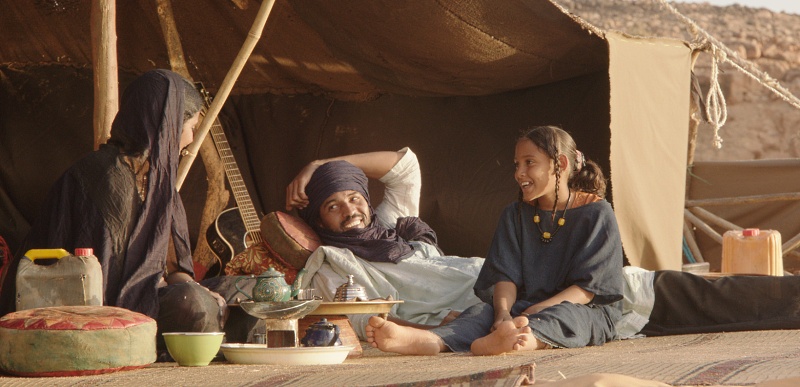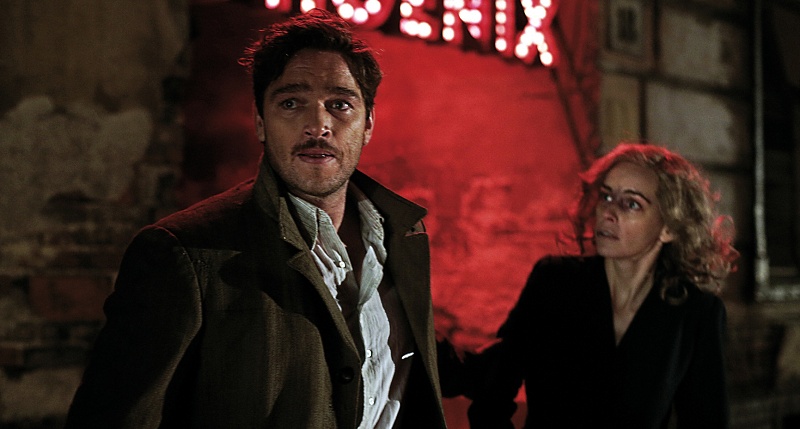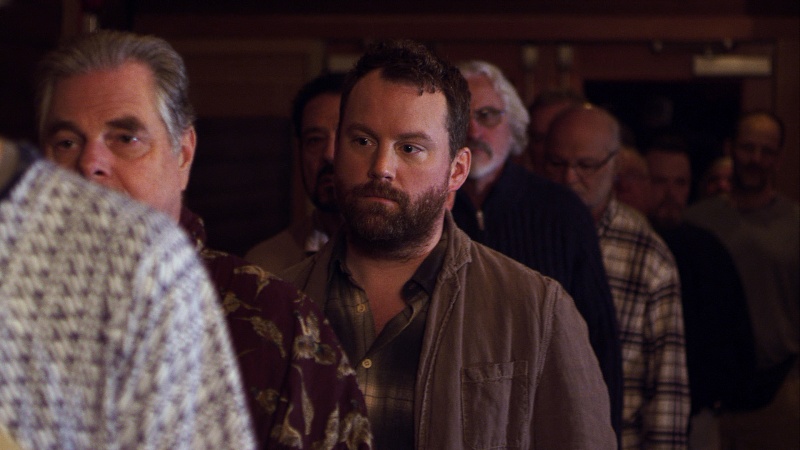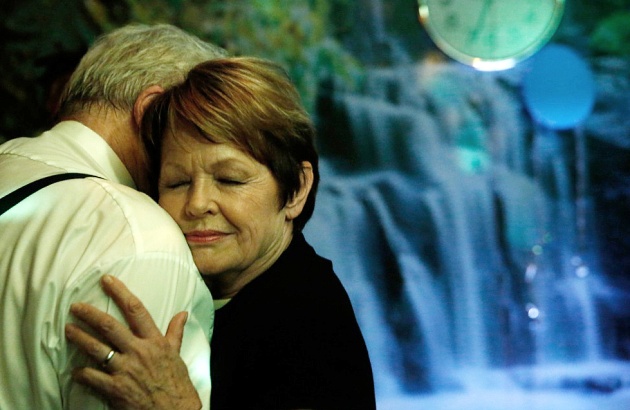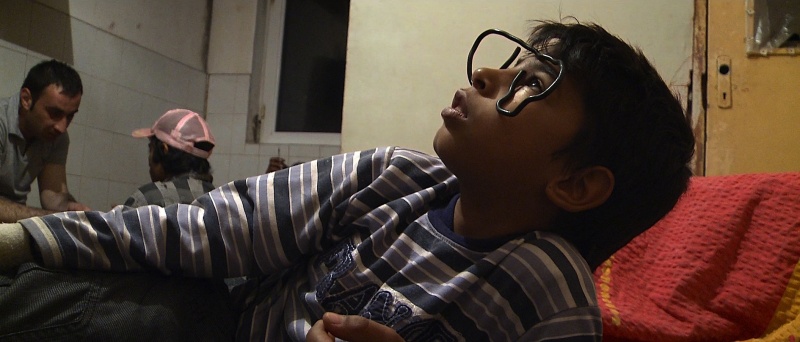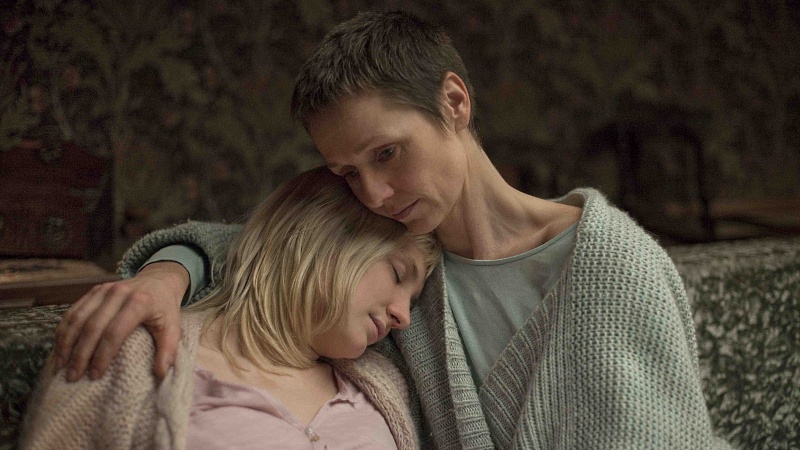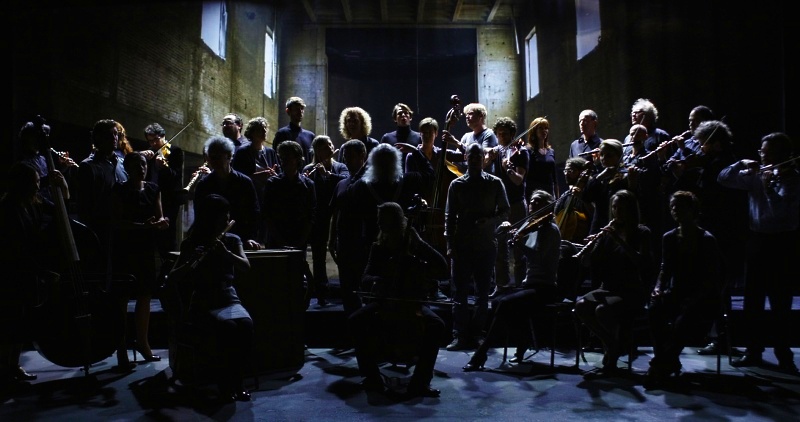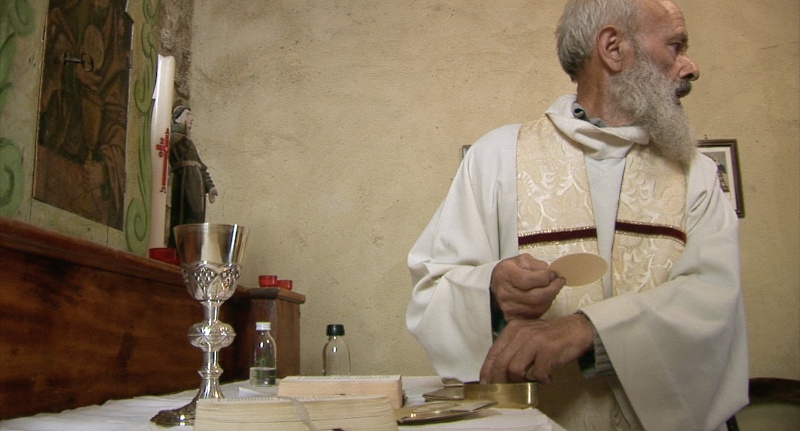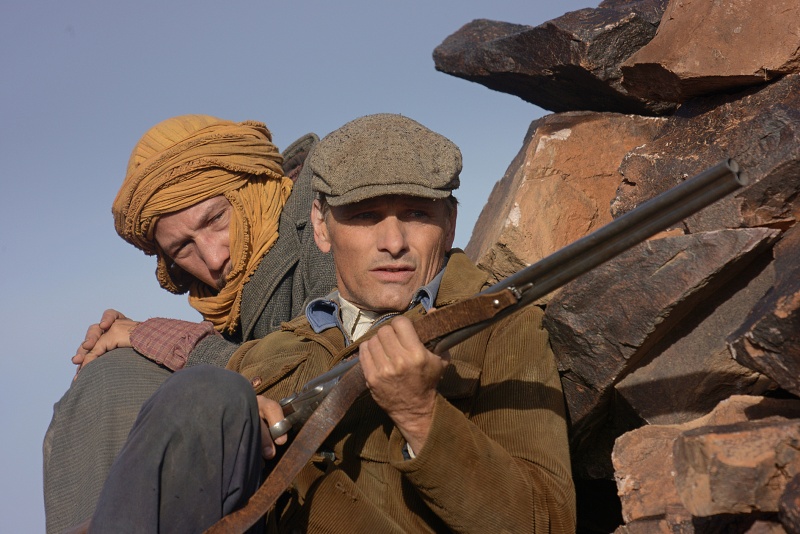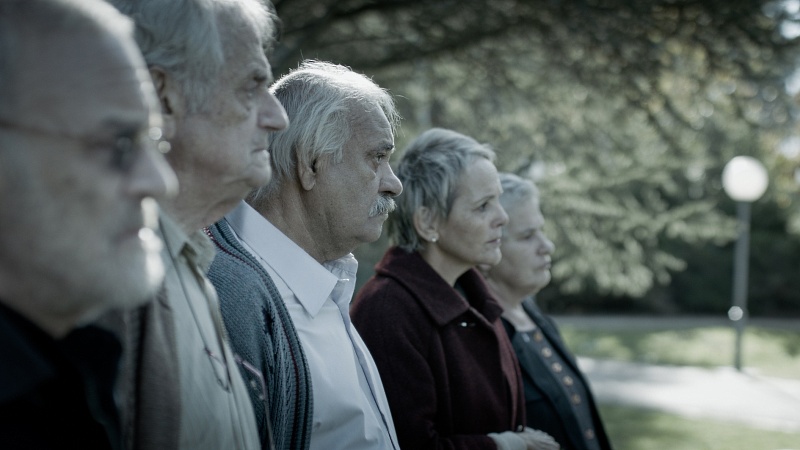Rotterdam 2015: What The Audiences Liked Best
(Because let's face it: what do all those artsy-fartsy-lovin' paid critics know, anyway?)
Years ago, there was a time when the coming of the International Film Festival Rotterdam annoyed me. All my favorite cinemas were taken over by this event, replacing the blockbusters I wanted to see with arthouse fare. It took me a few years to discover that not only was arthouse fare not necessarily bad, there were actually plenty of crowdpleasers playing at the festival, films from Japan and Korea I had never heard of, but which turned out to be absolutely kick-ass and aimed at a regular-Joe audience.
Most films playing at the festival get rated by their paying audiences, and I've learned to heed these ratings. Sure, plenty of my favorites have gotten low scores in the past, but it's rare that I disagreed with a high one.
This is how ratings work: before public screenings, audience members are given cards with the numbers one (bad) to five (very good) on them. When leaving the venue, all you need to do is pull a small tear in the card at the rating you want to give. These cards are collected at the exit, sorted, counted, and the mean end score calculated.
Any film ending up with a rating around 4 (out of 5) can be safely seen as a crowdpleaser. There will always be people who hate a film and give it a "1", so you can imagine how many "5" voters you need to pull the mean average up to the level of 4. For the same reason, getting an average of 4.5 or higher is pretty amazing, when you think about it.
And this year, like last year, there are a whopping nine films reaching the 4.5 mark. Five of those are dramatic narratives, four are documentaries. The International Film Festival Rotterdam has caught a lot of criticism in recent years for its programming strategy, but this year's choice of going for a smaller program apparently hasn't harmed the overall quality of the top 20 any.
Of course you can always question the scores, as they are arbitrary by nature. Introductions by funny directors or gorgeous actresses obviously influence audiences, and help get ratings up. And any film taking place in, shot in, or made by people living in Rotterdam itself can count on a warmer reception, as the entire cast, crew, friends, family and neighborhood will in all probability be inside the venue. Nevertheless, getting a high score isn't easy and can never be taken for granted.
So without further ado: here are the twenty films which got the highest audience ratings of them all. Enjoy, and chime in about your favorites (or non-favorites) in the comments!





















Years ago, there was a time when the coming of the International Film Festival Rotterdam annoyed me. All my favorite cinemas were taken over by this event, replacing the blockbusters I wanted to see with arthouse fare. It took me a few years to discover that not only was arthouse fare not necessarily bad, there were actually plenty of crowdpleasers playing at the festival, films from Japan and Korea I had never heard of, but which turned out to be absolutely kick-ass and aimed at a regular-Joe audience.
Most films playing at the festival get rated by their paying audiences, and I've learned to heed these ratings. Sure, plenty of my favorites have gotten low scores in the past, but it's rare that I disagreed with a high one.
This is how ratings work: before public screenings, audience members are given cards with the numbers one (bad) to five (very good) on them. When leaving the venue, all you need to do is pull a small tear in the card at the rating you want to give. These cards are collected at the exit, sorted, counted, and the mean end score calculated.
Any film ending up with a rating around 4 (out of 5) can be safely seen as a crowdpleaser. There will always be people who hate a film and give it a "1", so you can imagine how many "5" voters you need to pull the mean average up to the level of 4. For the same reason, getting an average of 4.5 or higher is pretty amazing, when you think about it.
And this year, like last year, there are a whopping nine films reaching the 4.5 mark. Five of those are dramatic narratives, four are documentaries. The International Film Festival Rotterdam has caught a lot of criticism in recent years for its programming strategy, but this year's choice of going for a smaller program apparently hasn't harmed the overall quality of the top 20 any.
Of course you can always question the scores, as they are arbitrary by nature. Introductions by funny directors or gorgeous actresses obviously influence audiences, and help get ratings up. And any film taking place in, shot in, or made by people living in Rotterdam itself can count on a warmer reception, as the entire cast, crew, friends, family and neighborhood will in all probability be inside the venue. Nevertheless, getting a high score isn't easy and can never be taken for granted.
So without further ado: here are the twenty films which got the highest audience ratings of them all. Enjoy, and chime in about your favorites (or non-favorites) in the comments!






















Do you feel this content is inappropriate or infringes upon your rights? Click here to report it, or see our DMCA policy.


